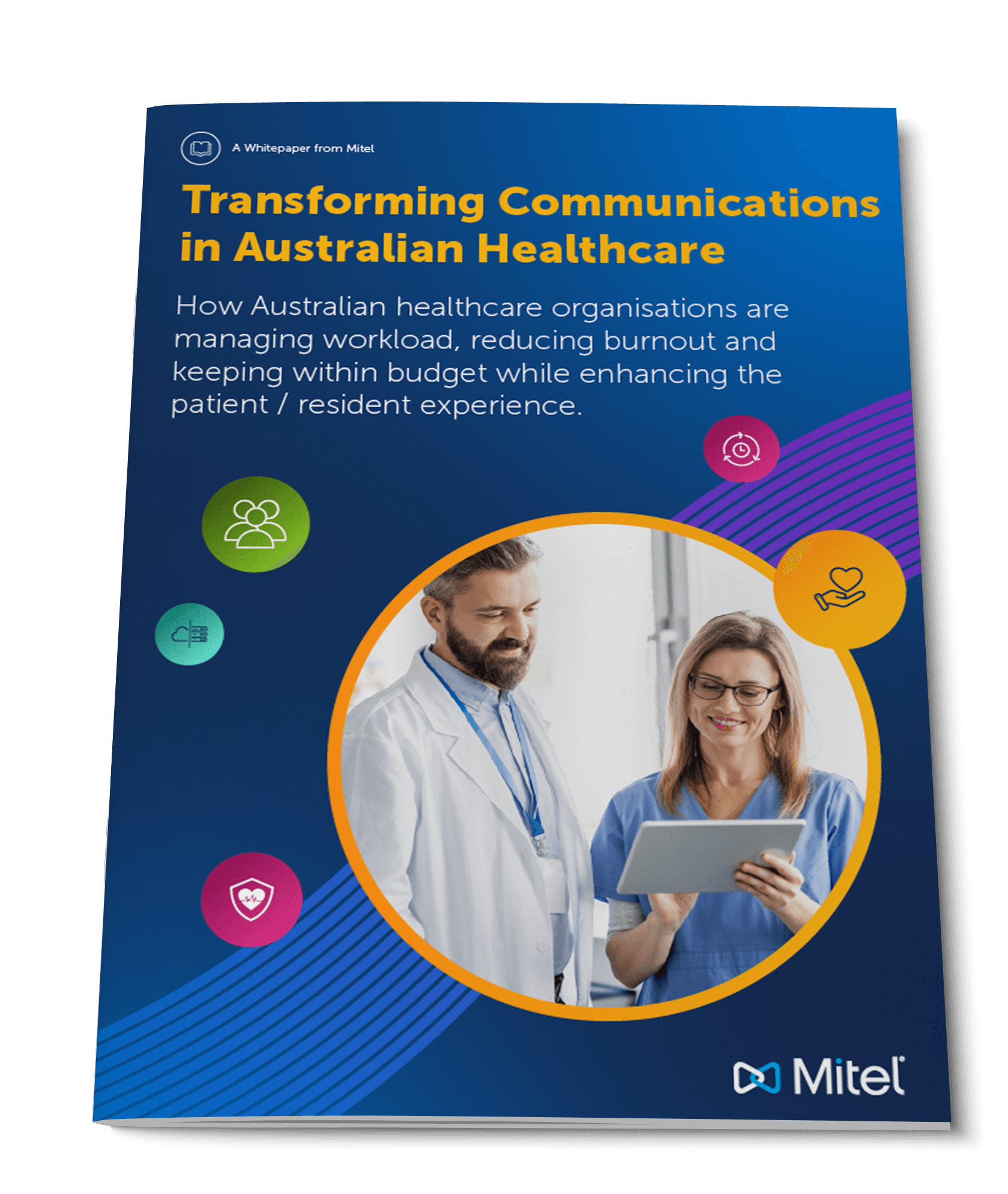Your care staff face constant interruptions per shift. It’s the reality facing aged care facilities across Australia when family communication becomes a constant stream of phone calls during medication rounds, personal care activities, and meal times.
Every day, your clinical team fields dozens of calls from concerned family members asking about medication changes, requesting updates on social activities, coordinating medical appointments, and seeking reassurance about their loved one’s wellbeing. While family engagement is essential for quality care, these constant interruptions are creating a hidden crisis that’s affecting both staff wellbeing and resident care.
Your already stretched nursing team is spending more time on phone communication than on direct resident care, creating stress for staff and anxiety for families who struggle to reach the right person at the right time.
The Communication Burden Hidden in Plain Sight
Your aged care communication challenges go far beyond managing phone calls. Consider what happens when Mrs Collins son calls during the afternoon medication round. Your clinical nurse must stop distributing medications, locate Mrs Collins care notes across multiple systems, provide a verbal update about her morning activities, explain recent medication adjustments, and coordinate next week’s specialist appointment, all while other residents wait for their scheduled care.
This scenario repeats throughout every shift, creating a cascade of delays that affects your entire facility’s workflow. When family calls interrupt personal care activities, residents experience longer wait times for assistance. When calls occur during meal service, nutrition and hydration monitoring suffers. When calls happen during clinical handovers, critical information transfers between shifts can be compromised.
Your staff report feeling torn between providing excellent family communication and delivering quality direct care to residents. This constant tension contributes to the burnout and turnover challenges already facing the aged care sector, where workforce shortages make every minute of clinical time precious.
Technology That Works With Your Workflows
Modern aged care communication platforms address these challenges by creating proactive family engagement that reduces rather than increases demands on clinical staff. Instead of reactive phone calls interrupting care activities, families receive scheduled, automated updates that keep them informed without pulling staff away from residents.
Integrated communication systems can connect with your existing care management software to automatically generate family notifications when care plans are updated, medications are changed, or medical appointments are scheduled. When Mrs Collins physiotherapy session is completed, her son receives an immediate update through his preferred communication channel – email, SMS, or secure messaging, without any staff member needing to make a phone call.
These systems create comprehensive communication logs that become part of each resident’s care record. When families do need to call, staff can instantly access previous conversations, eliminating the need to search through handwritten notes or rely on verbal handovers about family communication history.
The technology also enables families to schedule calls at mutually convenient times rather than interrupting care activities. Your clinical staff can block out specific periods for family communication, ensuring they’re prepared to provide detailed updates without compromising resident care schedules.

Measurable Impact on Care Quality and Staff Satisfaction
Facilities implementing proactive aged care communication report remarkable improvements in both operational efficiency and care outcomes. Average family call volumes decrease when families receive regular, automated updates about their loved one’s care. More importantly, family satisfaction scores increase because they receive more comprehensive, timely information.
Your clinical staff can redirect the time previously spent on phone calls toward direct resident care, medication management, and care planning activities. This redistribution of time resources leads to improved clinical outcomes, reduced medication errors, and enhanced quality of life for residents.
Staff turnover rates reduce. When clinical staff can focus on care delivery without constant communication interruptions, job satisfaction improves significantly. Your nursing team reports feeling more effective and less stressed when they can complete care tasks without frequent phone interruptions.
The technology also improves care coordination during family visits and medical appointments. When families are proactively informed about care plan changes, they arrive at facilities better prepared to discuss their loved one’s needs with clinical staff, making visit time more productive for everyone involved.
What’s next?
Your aged care facility’s success depends on balancing excellent family communication with efficient care delivery.
Communication technology that integrates with your care management software, nurse call systems, and staff mobile devices, automatically generating family updates, escalating urgent notifications, and maintaining comprehensive communication logs, reduces administrative burdens while improving family satisfaction.
These integrated workflows create the operational space your staff need to focus on direct resident care rather than managing phone calls and manual communication tasks.
Learn how integrated systems can improve both operational efficiency and care quality in your aged care facility.
Download our comprehensive whitepaper: “Transforming Communications in Australian Healthcare”.
Learn about:
- Proactive family engagement strategies that reduce staff interruptions while improving satisfaction
- Integration frameworks for connecting communication platforms with care management systems
- Australian aged care case studies showing measurable reductions in family call volumes
- Staff workflow protection through automated family updates and scheduled communication periods
Contact Mitel’s healthcare specialists to discuss how integrated aged care communication systems can reduce staff burden while enhancing family satisfaction and care quality. Call us today on +61 2 9023 9500.






